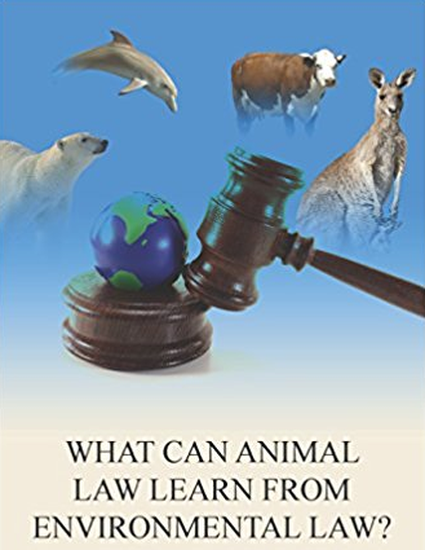
Contribution to Book
Environmental Law and International Trade: Public Morality as a Tool for Advancing Animal Rights
What Can Animal Law Learn From Environmental Law
(2015)
Abstract
This chapter analyzes the use of public morality as a defense to international obligations. It considers whether and under what circumstances a nation is required to adhere to international agreements when those agreements involve morally questionable practices against animals. A case study of the current World Trade Organization (WTO) complaint by Canada and certain Scandinavian countries against the European Union’s (EU’s) import ban of certain seal products is examined to illustrate this inquiry. Part I provides an overview of the EU seal product ban. Part II addresses Article XX of the General Agreement on Tariffs and Trade (GATT) and its chapeau as the framework for a public morality defense. Part III considers this defense in the environmental protection and animal welfare contexts to underscore how the evolution of environmental protections provides a plausible roadmap for the continued development of animal welfare protections. Part IV offers some recommendations on animal welfare development based on the historical and current developments in public morality in the context of international trade.
Keywords
- Animal Rights,
- Environmental Law,
- World Trade Organization,
- Seal Trade
Disciplines
Publication Date
2015
Editor
Randall Abate
Publisher
ELI Press
Citation Information
McGuire, C. (2015). “Environmental Law and International Trade: Public Morality as a Tool for Advancing Animal Rights,” In What Can Animal Law Learn From Environmental Law (pp. 287-304), edited by Randall Abate. Washington, D.C.: Environmental Law Institute (ELI) Press.
http://www.eli.org/eli-press-books/what-can-animal-law-learn-environmental-law
